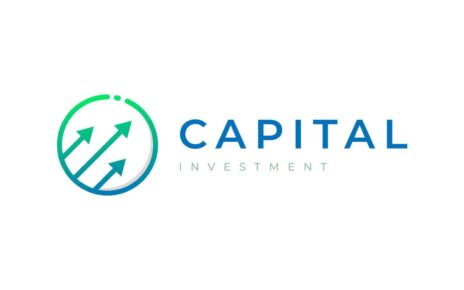
In today’s fast-paced world, managing finances can be challenging. Many individuals find themselves juggling multiple debts, from credit cards to student loans, each with its own interest rate and payment schedule. This financial strain can lead to stress and anxiety, impacting both mental and emotional well-being. However, there is a solution that offers relief for those drowning in debt: debt consolidation.
What is Debt Consolidation?
Debt consolidation is the practice of consolidating various debts into a single, lower-interest loan. This can make managing debt easier by streamlining monthly payments and possibly lowering overall interest costs. There are various debt consolidation options, including personal loans, balance transfer credit cards, and home equity loans.
Pros of Debt Consolidation:
- Simplified Repayment: One of the most significant advantages of debt consolidation is the simplification of repayment. Instead of keeping track of multiple creditors and due dates, borrowers only need to focus on one monthly payment.
- Lower Interest Rates: By consolidating debt, individuals may qualify for a lower interest rate than what they were previously paying on their various debts. This can lead to significant savings over time, allowing borrowers to pay off their debt more quickly.
- Improved Credit Score: Consistently making on-time payments towards a consolidated loan can positively impact credit scores. Additionally, reducing credit utilization by paying off credit card balances can further improve creditworthiness.
- Fixed Repayment Term: Unlike revolving credit card debt, which can linger indefinitely, debt consolidation loans typically have a fixed repayment term. This provides borrowers with a clear timeline for becoming debt-free.
Cons of Debt Consolidation:
- Risk of Secured Loans: Some debt consolidation options, such as home equity loans, require collateral. This means that if the borrower defaults on the loan, they risk losing their home or other assets used as security.
- Potential Fees: Depending on the method of consolidation chosen, borrowers may incur origination fees, balance transfer fees, or prepayment penalties. It’s essential to carefully review the terms and conditions of any consolidation offer to understand the full cost.
- Extended Repayment Period: While a lower interest rate can save money over time, extending the repayment period may result in paying more in interest overall. Borrowers should weigh the trade-off between lower monthly payments and long-term interest costs.
Options for Debt Consolidation:
- Personal Loans: Unsecured personal loans are a popular choice for debt consolidation. These loans do not require collateral and can be used to pay off high-interest debt, such as credit cards.
- Balance Transfer Credit Cards: Some credit card companies offer introductory promotional rates for balance transfers. Transferring high-interest balances to a card with a lower or 0% APR can save money on interest, but borrowers should be aware of any transfer fees and the duration of the promotional period.
- Home Equity Loans or Lines of Credit: Homeowners may leverage the equity in their homes to consolidate debt at a lower interest rate. However, this option carries the risk of foreclosure if payments are not maintained.
- Debt Management Plans: Non-profit credit counseling agencies offer debt management plans (DMPs) to help individuals consolidate and repay debt. These plans typically involve negotiating with creditors to lower interest rates and create a structured repayment plan.
Conclusion:
Debt consolidation can be an effective strategy for people who want to reclaim control of their finances and become debt-free. By consolidating various loans into a single loan with a lower interest rate, debtors can simplify repayment and potentially save money on interest. However, it is critical to carefully consider the benefits and drawbacks of each consolidation option before selecting the method that best suits your financial condition and goals. Debt consolidation can lead to a stronger financial future if done diligently and with discipline.





2 Replies to “Understanding Debt Consolidation: Pros, Cons, and Options Explained”
Comments are closed.